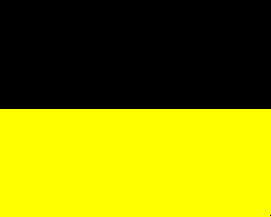


Graf Szögyény was still the Austrian ambassador to Germany during the July crisis. Szögyény and Graf Alexander Hoyos, Foreign Minister Leopold Berchtold's secretary, received the so-called "Blank Check" from the German Kaiser on July 5, 1914. The initial reason for their meeting was to discuss a Bulgarian alliance with the Central Powers in spite of the fact that the Kaiser loathed tsar Ferdinand of Bulgaria personally. This had been urged by Hungarian Premier Istvan Tisza and seconded by Berchtold. By the time of their meeting, the Bulgarian issue was replaced with the Serbian issue. On dealing with the Serbs, the Kaiser stated that Austria could "rely on Germany's full support." A reference perhaps to Germany's support during the Bosnian crisis six years earlier; at least, that's how Szögyény and Berchtold understood it.
GWS, 10/00 [rev. 6/04]
